Authorities inspect a kiosk selling "dirty" pork at Phung Khoang market. (Photo: Provided by Hanoi City Police)
Recently, the Hanoi City Police Investigation Agency has decided to prosecute 3 cases related to the trading and consumption of dead and sick pigs at markets and restaurants in the city.
Investigation results showed that the subjects purchased dead pigs and infected pigs from many sources to slaughter and sell at Phung Khoang market, the southern wholesale market.
Every day, these subjects consume tons of dirty pork. To avoid detection by authorities and consumers, the subjects also use pig blood to soak the meat to keep it fresh and mix it with other fresh pork on the meat table.
Notably, the Management Board of Phung Khoang Market confirmed that the area where the diseased pork was seized was a spontaneous kiosk located outside the market premises, not under the management of Phung Khoang Market.
In reality, the areas surrounding and adjacent to markets in Hanoi all have spontaneous stalls or street vendors selling bustlingly, instead of being located inside the market premises.
Besides, according to the review, in the city there still exist and arise 85 "toad" markets, spontaneous business locations.
Deputy Director of Hanoi Department of Industry and Trade Nguyen The Hiep said: “Some wards and communes do not have markets or the number of markets is not enough to meet the needs of the people, leading to the emergence of illegal market gathering places, causing traffic insecurity, loss of urban beauty, not ensuring food hygiene and safety, environmental hygiene, and difficulty in controlling the origin of goods. Consumers still have the habit of buying wherever is convenient, not paying attention to the origin and quality of food...”.
Outside the market gate, it is difficult to control, and inside the market, food hygiene and safety issues still have many shortcomings.
Implementing the Project "Management of food production and trading establishments in markets in Hanoi city in the period of 2022-2025", Hanoi Department of Industry and Trade coordinated with local authorities to guide establishments to implement legal regulations on food safety.
According to statistics, in the city there are 18,311 food production and trading establishments in the market that are subject to this Project.
As of June 2025, 17,105 establishments have been granted Food Safety Certificates or signed food safety commitments, reaching a rate of 93.4%.
15,566 people were trained in food safety knowledge, reaching a rate of 82.7%; 14,099 establishments have counters and display shelves (reaching a rate of 77.0%)...
However, many targets of the Project are still very low. According to statistics, only 42% of establishments have been granted business registration, 33.8% of establishments have preservation equipment; 17.6% of establishments have monitoring equipment; 14.8% of establishments have food products with traceability stamps...
Currently, only 25 rapid testing stations have been built at the market, while there are more than 400 markets in the area.
As of June 2025, 17,105 establishments have been granted Food Safety Certificates or signed food safety commitments, reaching a rate of 93.4%. 15,566 people have been trained in food safety knowledge, reaching a rate of 82.7%; 14,099 establishments have display counters and shelves (reaching a rate of 77.0%)...
Leaders of the Hanoi Department of Industry and Trade commented that the implementation of food safety assurance work at markets in recent times still has some difficulties and shortcomings.
Market infrastructure (especially class 3 markets) has degraded, so it does not ensure environmental hygiene and food safety.
Most food businesses in the market are small-scale and do not have the funds to invest in equipment, tools for business and food preservation according to regulations.
The awareness of some businesses is still limited or they are chasing profits, so there are still cases of trading in goods of unknown origin and of uncertain quality.
"Toad" market at Nam Dong apartment complex (Dong Da ward). (Photo: HOAI NAM)
The source of agricultural products and food supplied to local markets is diverse, of which the volume of food circulating through wholesale markets accounts for a large proportion and is the main source of products for local markets... so it is difficult to control the quality of inputs...
In order to effectively control food safety at local markets in the coming time, Hanoi will step up propaganda for market businesses to comply with legal regulations on obligations to the state budget, fire prevention and fighting, food safety, and environmental sanitation. In addition, it will increase investment attraction and allocate capital for investment in construction and renovation of the market system to meet requirements.
Forces under the local Steering Committee 389 have strengthened food safety inspections at markets; inspected and controlled the quality of goods in the markets, ensuring the consumer rights of local people. The management boards of markets that trade agricultural, forestry and fishery products have arranged specialized staff to manage food safety and quality to proactively control the markets.
“Local authorities focus on directing the work of clearing and preventing the recurrence of illegal business locations and street vendors in the area, and resolutely eliminating "toad" and "temporary" markets,” Vice Chairman of the Hanoi People's Committee Nguyen Manh Quyen emphasized.
ORIGINAL PAGE
Source: https://nhandan.vn/kiem-soat-an-toan-thuc-pham-tai-cac-cho-post893816.html


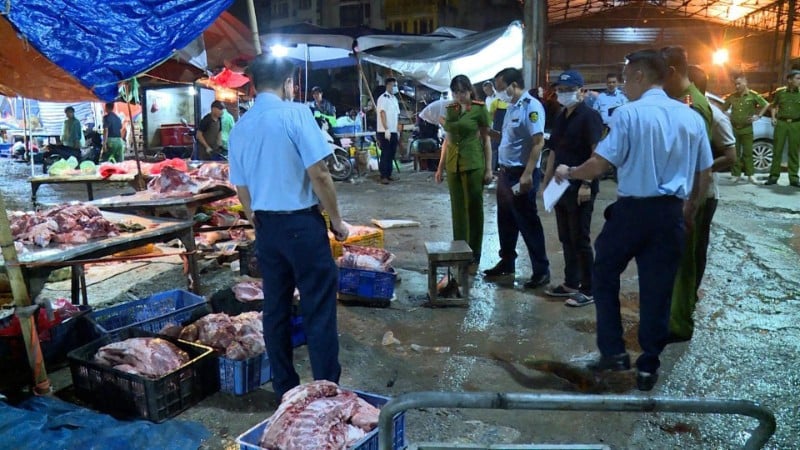
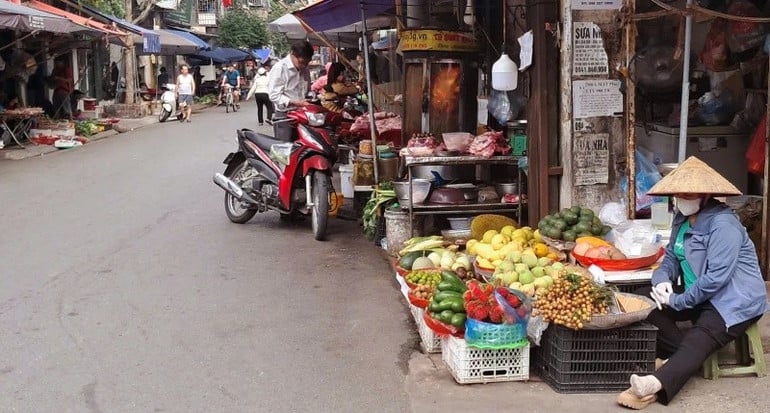


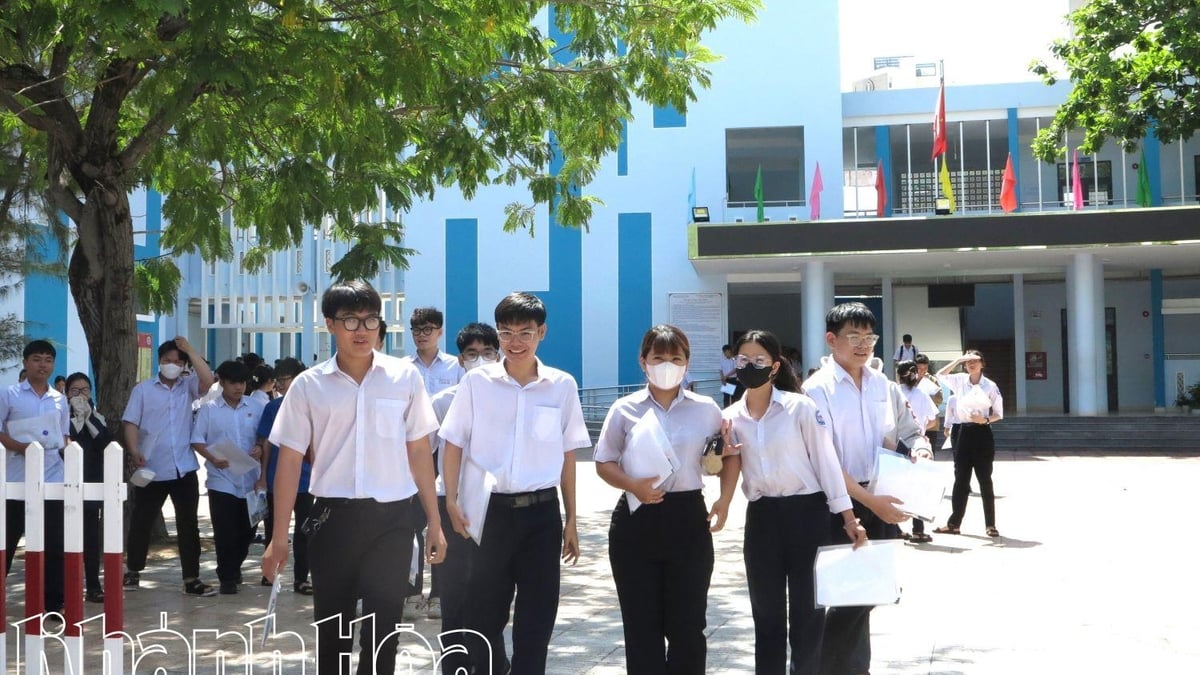


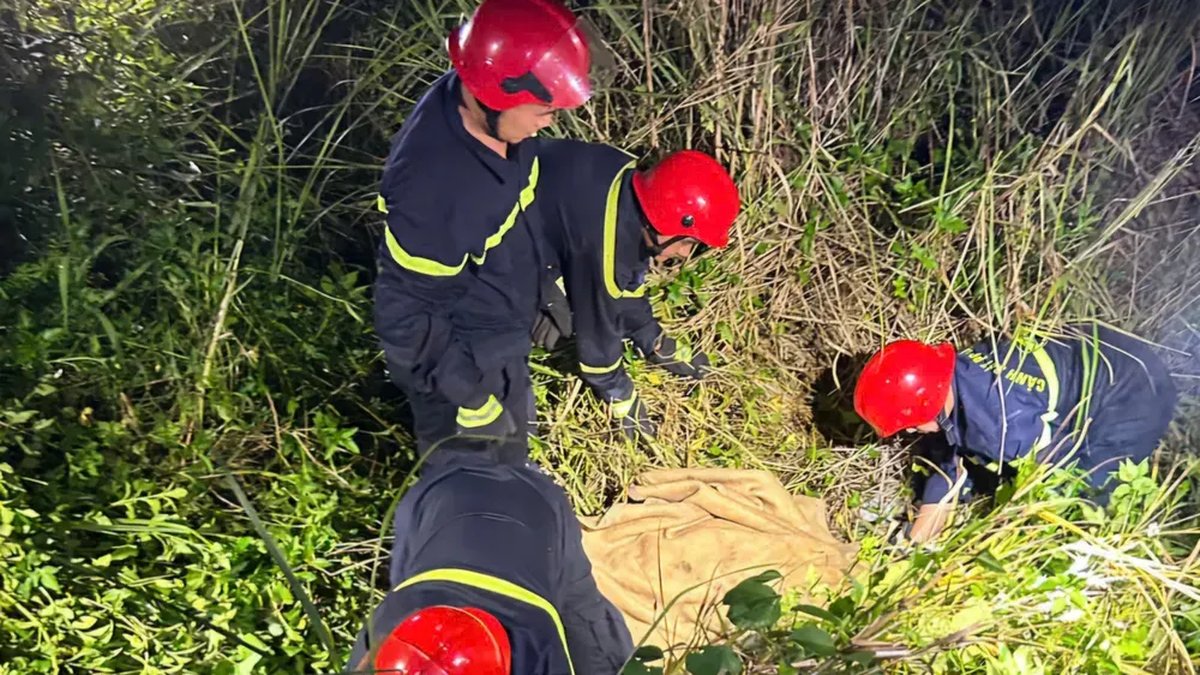
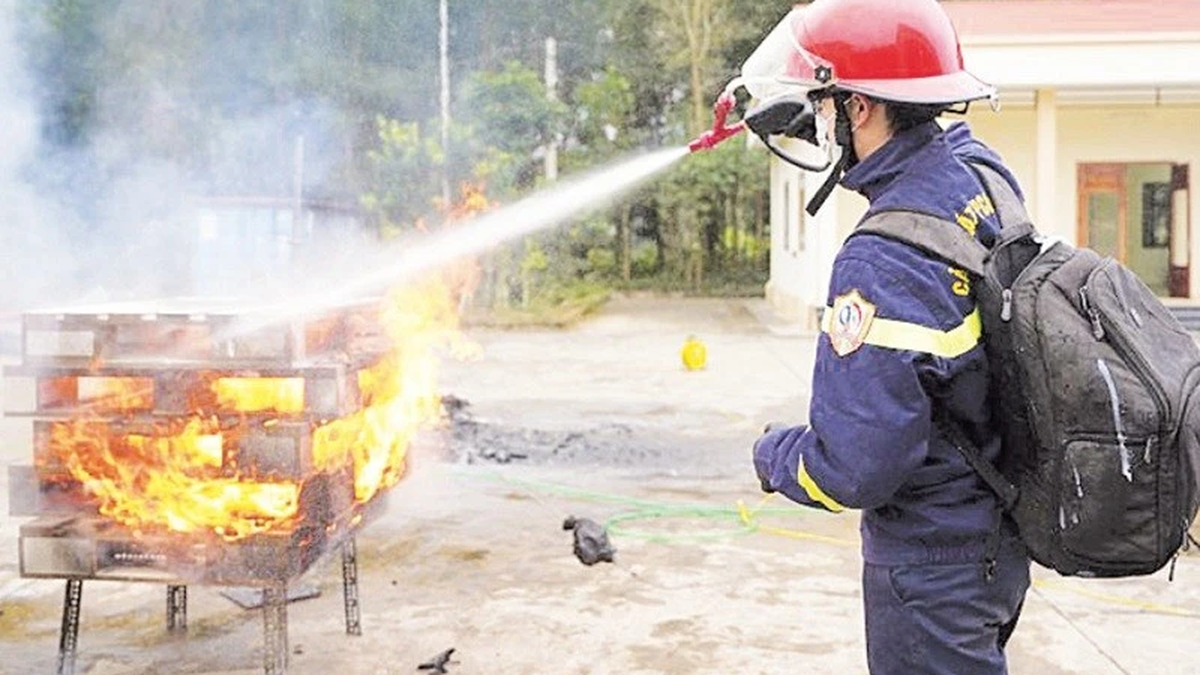





















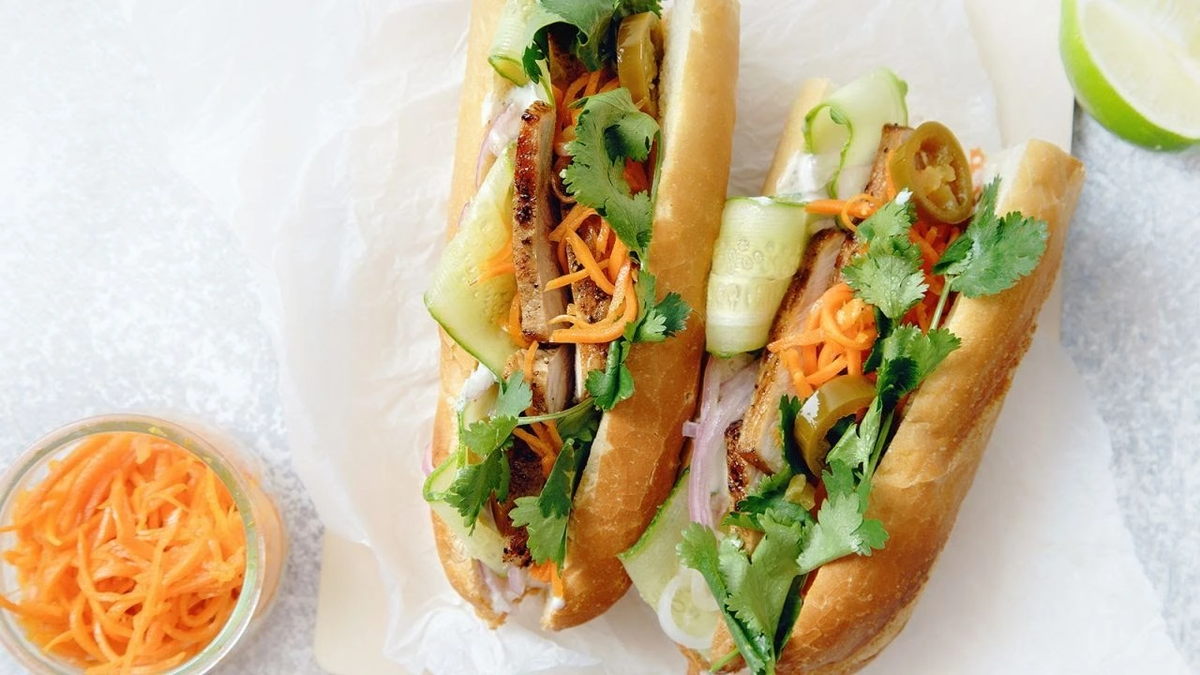



























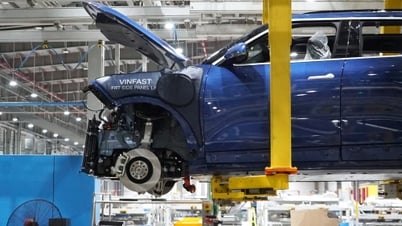













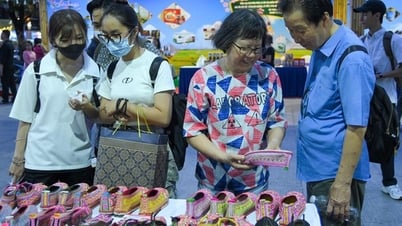




























Comment (0)